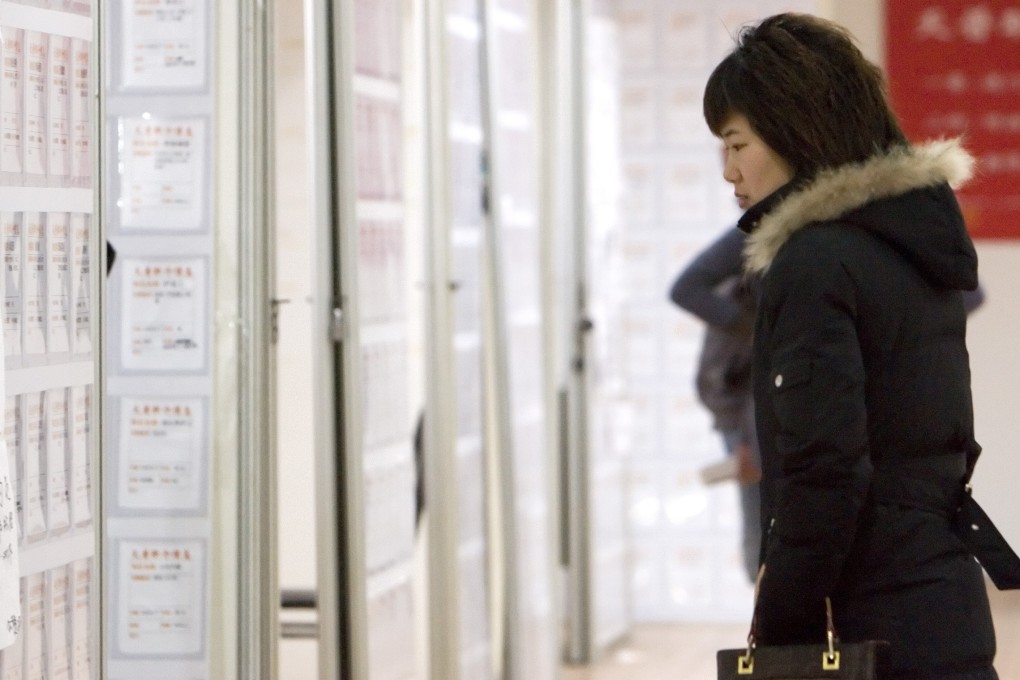As China’s graduates delay employment, experts warn of ‘far-reaching’ economic and demographic implications
- China’s top economic planner vows more favourable employment policies and help for fresh university grads, reiterating urgent need to address worsening problem
- Economists warn that the ripple effects pose a risk to property market and could further intensify the nation’s demographic crisis

With an increasing number of China’s college graduates delaying their entry into the job market, economists are warning of dire implications and ripple effects if the trend persists or intensifies.
Authorities have also repeatedly stressed the importance of creating and finding jobs for the nation’s ever-growing army of fresh graduates, and the situation was again addressed by China’s top economic planner this week.
“Various employment policies will favour college graduates, and assistance will be provided more precisely to them,” the National Development and Reform Committee vowed in an article published on its official WeChat platform on Sunday.
This comes as graduates are also seeking more stability in their careers. Many are opting to take their time before entering the workforce, while others are forgoing high-paying private positions for less-demanding civil service positions.
But the fact that fresh grads are postponing employment could pose a serious threat to China’s economy, according to Wang Dan, chief economist with Hang Seng Bank (China). She pointed to the potential impact on the property market and on China’s demographic crisis.